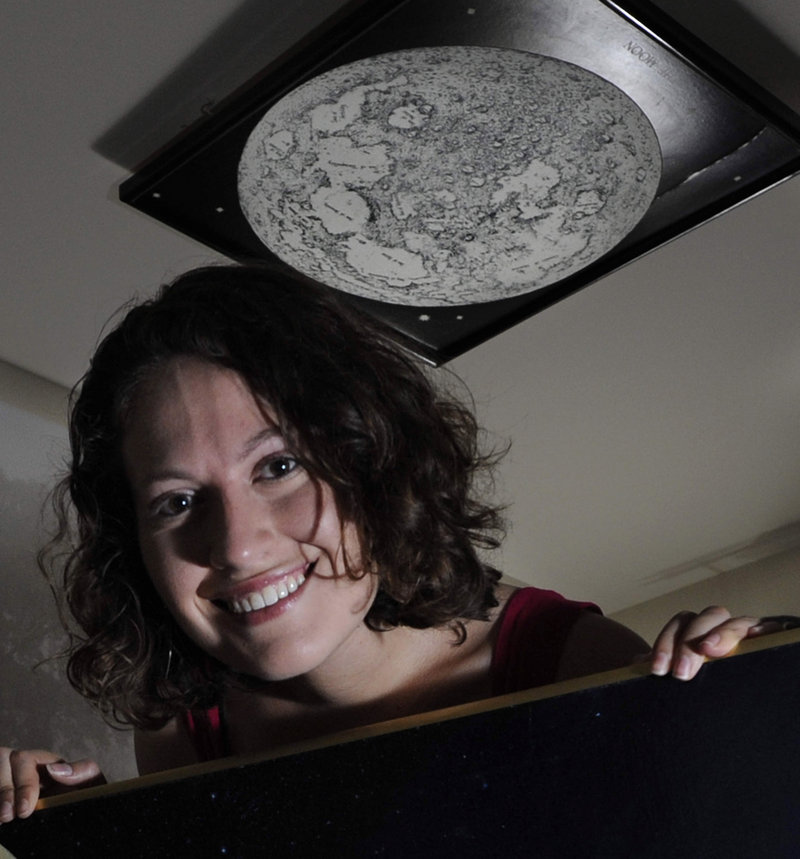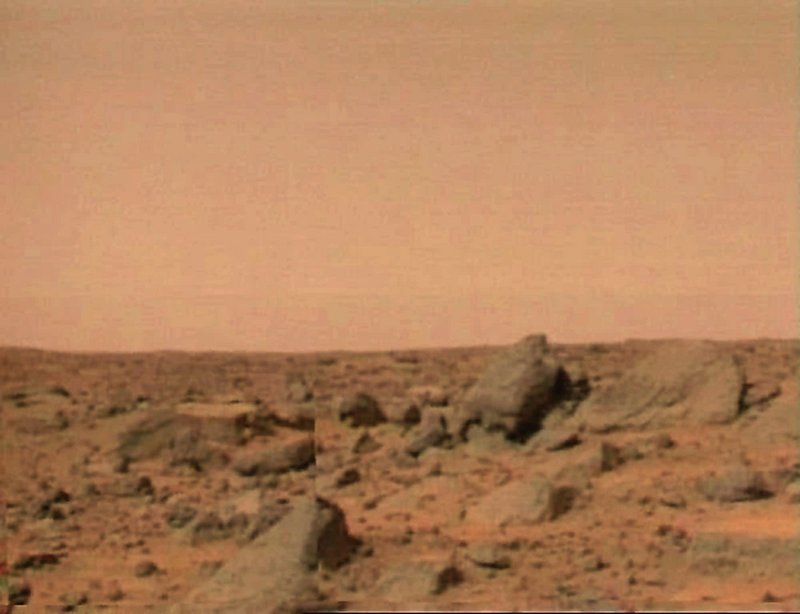How would you like to take a trip to Mars? That’s right, only TO Mars. There would be no coming back.
You don’t have to make up your mind right now, because there are no missions planned or even on the horizon. But when the idea of a one-way ticket to Mars was first broached last year in a cosmology journal, the response was rather overwhelming: More than 1,000 people said they’d be eager to go.
It was not proposed as a suicide mission, although the chances of a long life on Mars probably aren’t great. Rather, it was pitched as what would potentially be the greatest scientific adventure and exploration of all time.
The idea was floated by two scientists, Paul Davies of Arizona State University and Dirk Schulze-Makuch of the University of Washington, in an article in the Journal of Cosmology. One of the journal’s editors, Ron Becker, said that as the hundreds of emails flowed in from prospective Mars explorers, the initial reaction of both researchers and journal staff was to dismiss them as not serious. But that changed as it became apparent that many of the correspondents were quite sincere.
“Our initial goal was to find a way to develop a human mission to Mars that could actually take place, that wouldn’t cost so much that it would be impossible to pull off,” Davies said. “And the one-way trip, as we costed it out, would be about one-quarter the price of a there-and-back mission.”
“But the response told us the spirit of exploration remains alive around the globe and that some people understand that the science involved would be extraordinary,” he said. “Just like with earlier explorers, they are prepared to set out knowing they won’t come back, but willing to do it because their time on Mars would be so remarkable.”
The idea, which is clearly not what NASA managers have in mind for Mars exploration, has now led to the release of “A One Way Mission to Mars: Colonizing the Red Planet,” a compilation of articles from the Journal of Cosmology, plus some additions from scientists with the Mars Society and others.
Among the articles in the book are “The Search for Life on Mars,” “Medical Care for a Martian Transit Mission and Extended Stay on the Martian Surface” and “Sex on Mars: Pregnancy, Fetal Development and Sex in Outer Space.” The authors include dozens of NASA researchers, some former astronauts and some scientists and advocates who have pushed for decades (with no success) for a human mission to Mars.
The whole effort, authors say, is geared to sparking public interest in a human mission to Mars, something long discussed by NASA and others but receding into the distance with diminished NASA budgets expected in the years ahead. With that dynamic in mind, the book’s authors say they are looking to the burgeoning private space industry as the ticket to the Red Planet.
Schulze-Makuch said the idea would be to start a colony on Mars, not simply to send astronauts there and abandon them. He imagines them living in the shelter of a lava tube or some habitat they take with them, and imagines that a stream of others would follow. Robotic exploration has shown there is substantial water ice below the Martian surface, so many of the ingredients for survival are present.
But enormous challenges are present as well: The temperatures are frigid, the atmosphere is too thin to protect people from deadly radiation, and it consists primarily of carbon dioxide, with little oxygen. Ultimately, Mars colonists would need to develop means for growing their own food in controlled and protected areas.
“Yes, these people will be isolated and, yes, they will probably die sooner than they otherwise would,” he said. “But they would have all of society behind them, and their time on Mars would be unlike anything experienced before. Thinking more about it, I’m not surprised so many people came forward to volunteer.”
NASA officials were reluctant to discuss the idea, which goes very much against the grain of the agency’s idea of human exploration in space.
Yet the authors say it is both important for the long-term survival of humanity to do it and it is in keeping with the most basic nature of human beings.
“The culture has become risk-averse, and creativity and the pioneering spirit get lost in that kind of atmosphere,” Davies said.
“This is an opportunity to do something remarkable for science, and we’ve seen many, many people are willing to take up the challenge.”
Send questions/comments to the editors.




Success. Please wait for the page to reload. If the page does not reload within 5 seconds, please refresh the page.
Enter your email and password to access comments.
Hi, to comment on stories you must . This profile is in addition to your subscription and website login.
Already have a commenting profile? .
Invalid username/password.
Please check your email to confirm and complete your registration.
Only subscribers are eligible to post comments. Please subscribe or login first for digital access. Here’s why.
Use the form below to reset your password. When you've submitted your account email, we will send an email with a reset code.